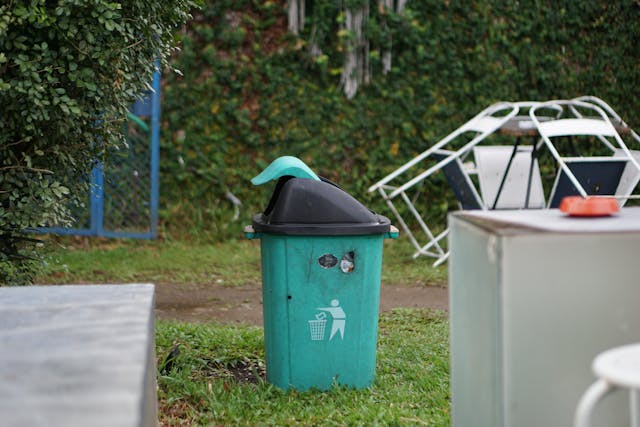In the hustle and bustle of daily life, it is easy to overlook the small conveniences that make our routines smoother and our environments more pleasant. Among these overlooked essentials is the humble bin. While it might seem mundane, having bins readily available in various settings—from homes and offices to public spacesplays a crucial role in maintaining cleanliness, promoting health, and fostering a sense of order.
At the most fundamental level, bins serve the practical purpose of waste management. By providing a designated place for rubbish, skips geelong bins help keep our surroundings tidy.Imagine a world without bins, litter would accumulate on the streets, in our homes, and in our workplaces. but also poses serious health issues. By simply having bins available, we significantly reduce the likelihood of these infestations and the potential health hazards they bring.
Many modern bins are designed to facilitate recycling, with separate compartments for different types of waste, such as paper, plastic, and organic matter. This separation at the source makes the recycling process more efficient and effective. When people are provided with easy-to-use recycling bins, they are more likely to participate in recycling programs, thus reducing the amount of waste that ends up in landfills. This small act of sorting waste can have a profound impact on the environment by conserving resources, reducing pollution, and lowering greenhouse gas emissions.

The presence of bins also promotes responsible behaviour. When bins are conveniently located, people are more inclined to dispose of their waste properly. This is particularly important in public spaces like parks, streets, and beaches. Bins help maintain the cleanliness and appeal of these communal areas, making them more enjoyable for everyone.
The psychological benefits of having bins should not be underestimated. Clutter and mess can lead to feelings of stress and anxiety, whereas a clean and organized environment promotes a sense of calm and well-being. By providing a simple means to manage waste, bins help create orderly spaces that are conducive to productivity and relaxation. In workplaces, this can lead to increased employee satisfaction and efficiency. In homes, it can contribute to a more peaceful and enjoyable living environment.

They are the first step in the process that ensures waste is collected, transported, and disposed of properly. Without bins, this system would break down, leading to uncontrolled waste accumulation and its associated problems. Bins, therefore, are not just containers; they are integral components of a larger infrastructure that sustains public health and environmental quality.
In the context of education, bins can also serve as practical tools for teaching responsibility and environmental stewardship. Schools that incorporate bins into their classrooms and campuses instil in students the habit of proper waste disposal from a young age. This early education fosters lifelong habits that contribute to a cleaner and more sustainable world.
Bins encourage responsible behaviour, enhance aesthetic appeal, and contribute to psychological well-being. They are essential components of effective waste management systems and valuable tools for education. By recognizing and appreciating the humble bin, we can better understand the vital role it plays in our daily lives and in the broader context of public health and environmental sustainability.
















